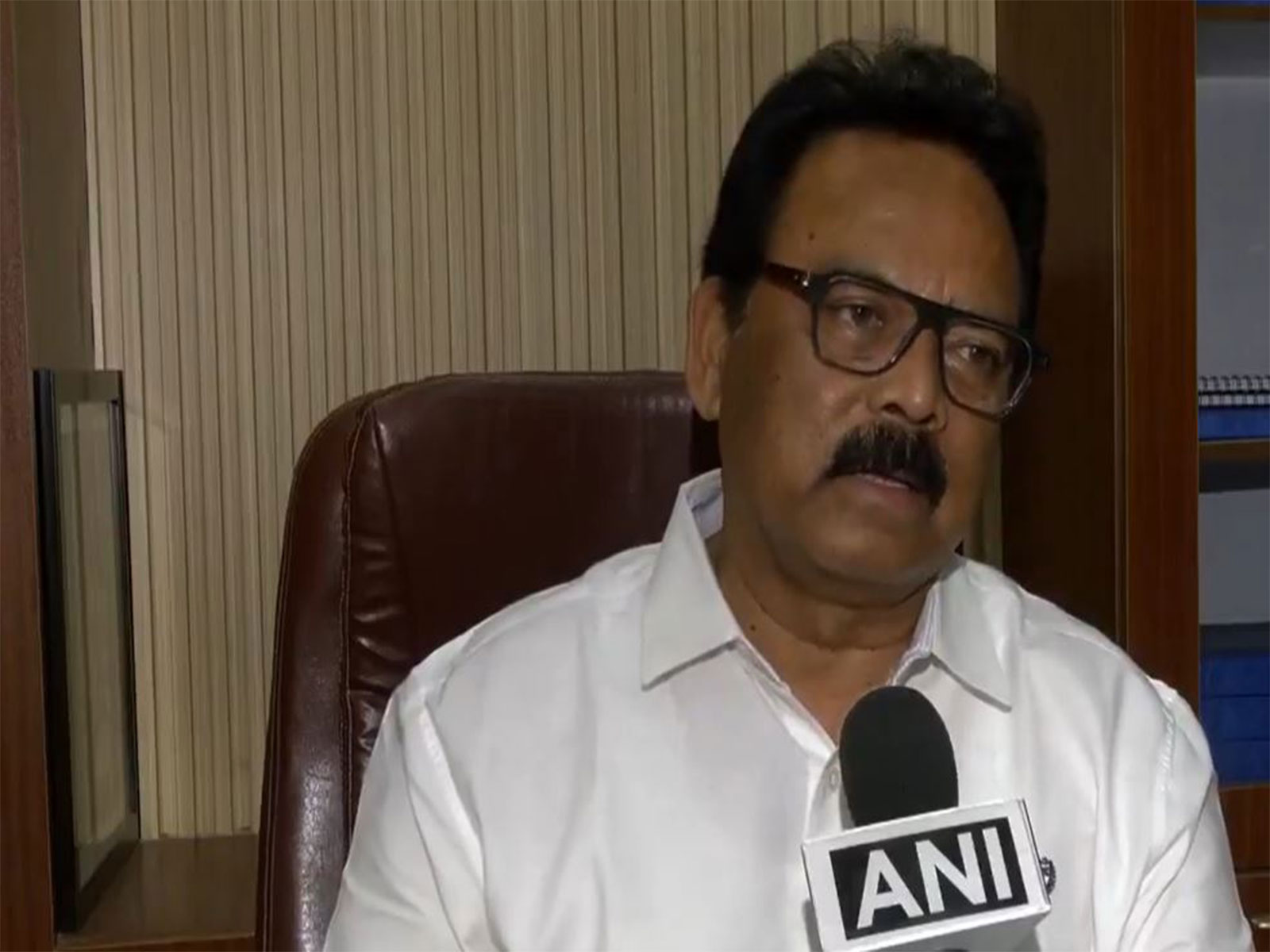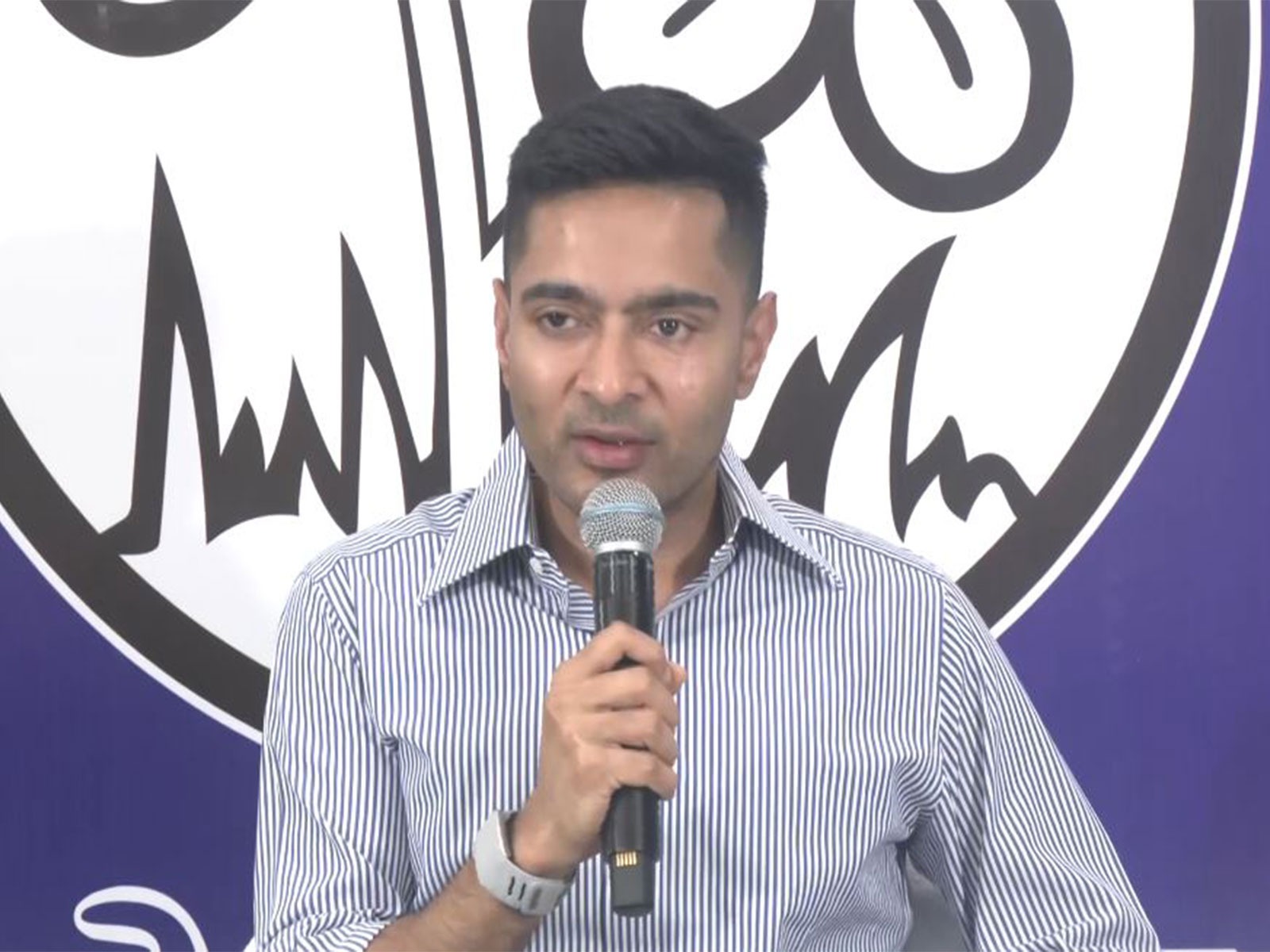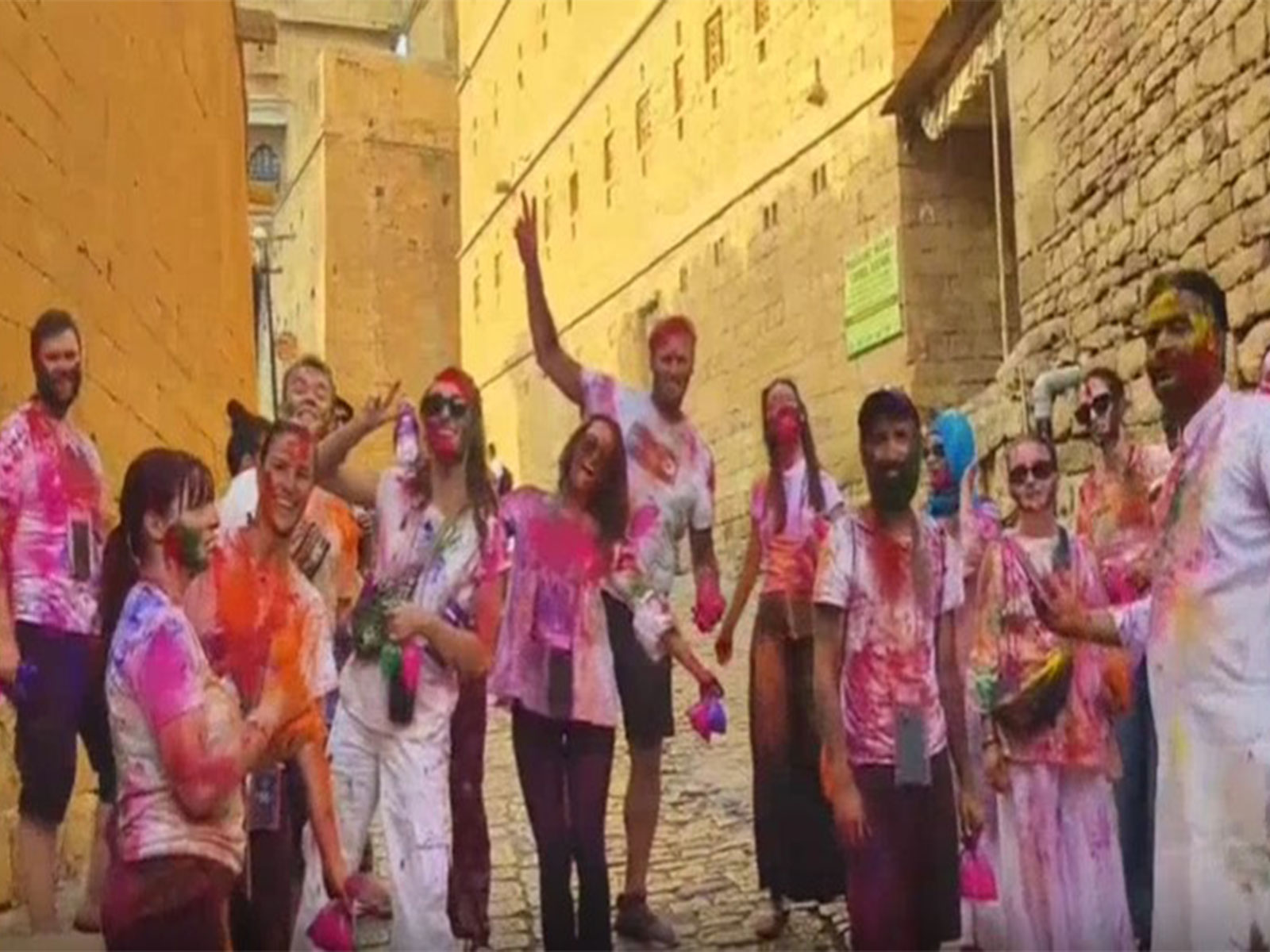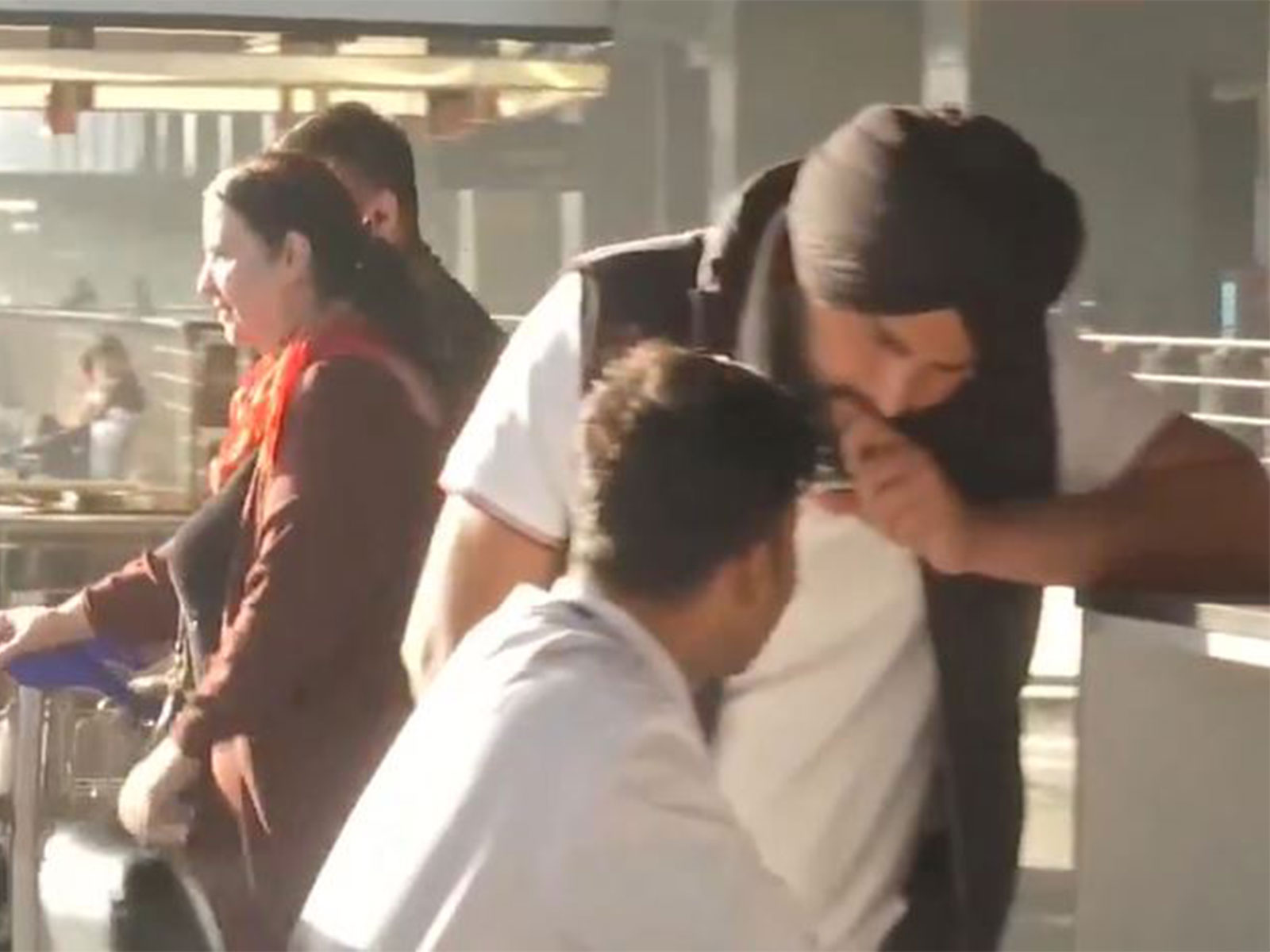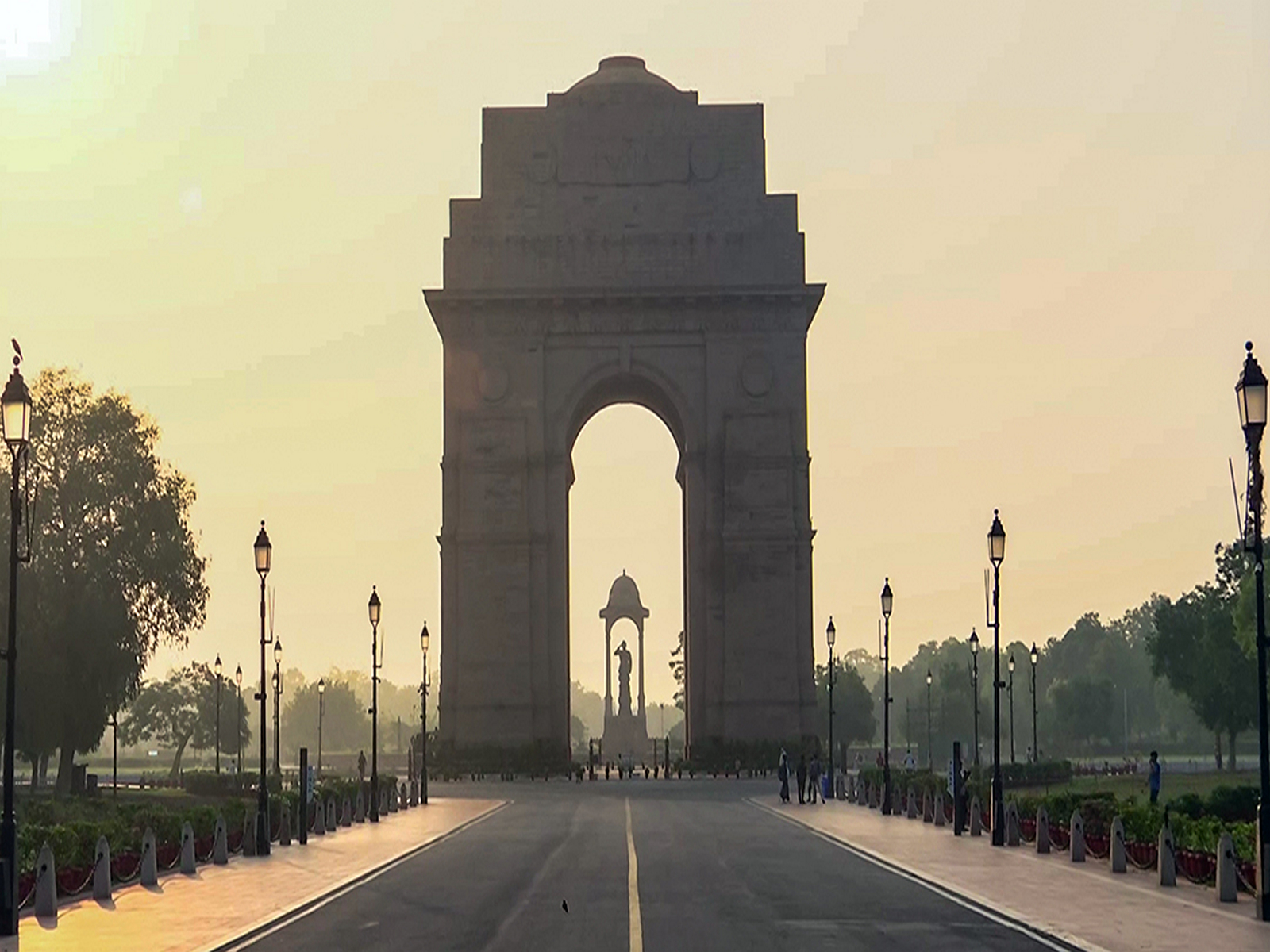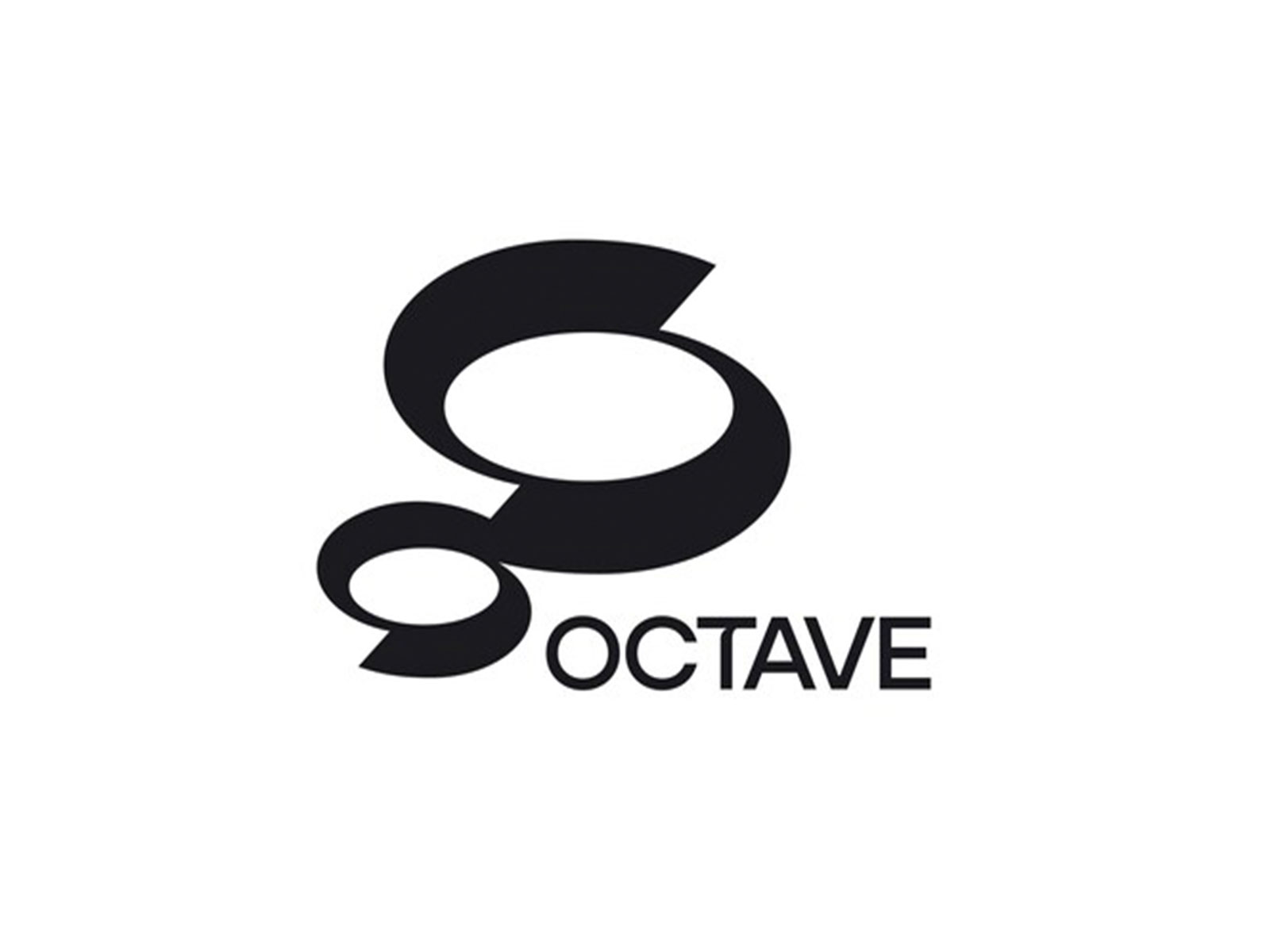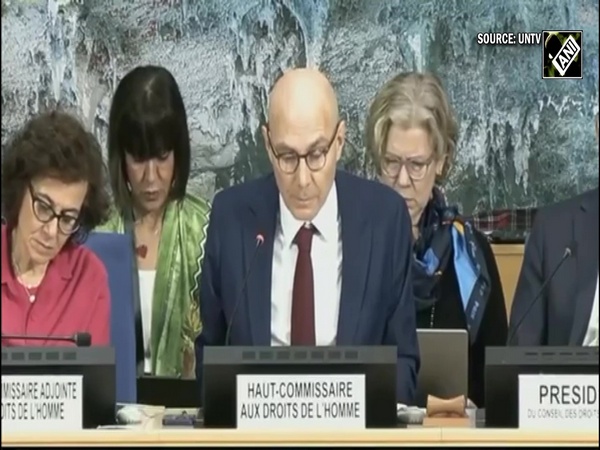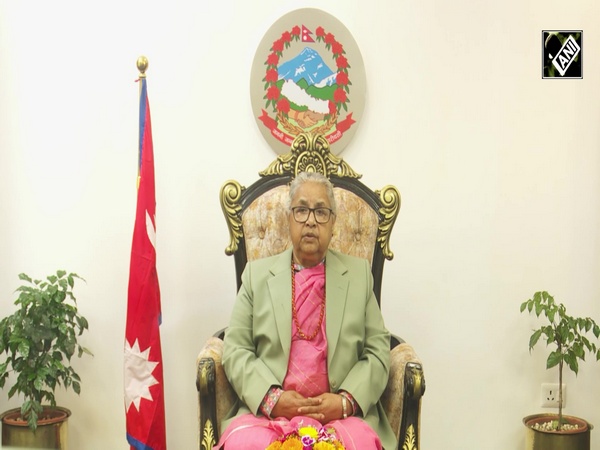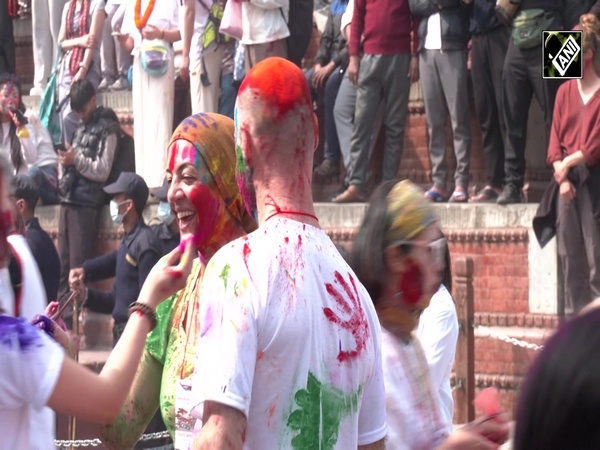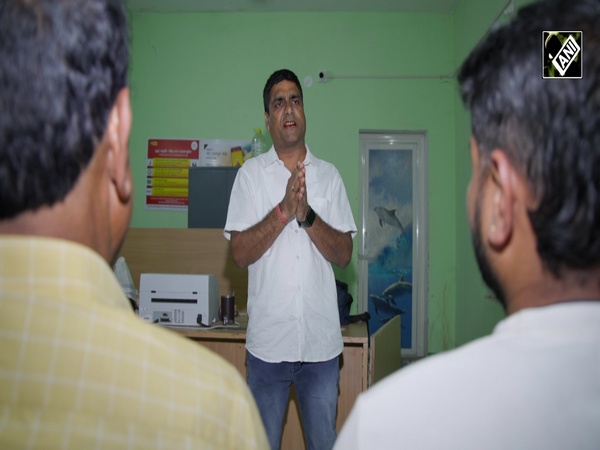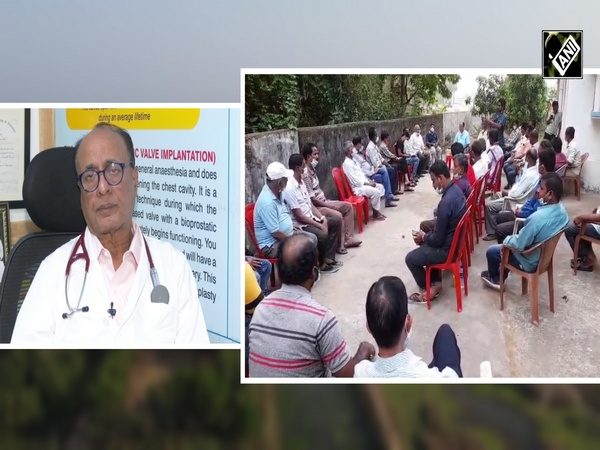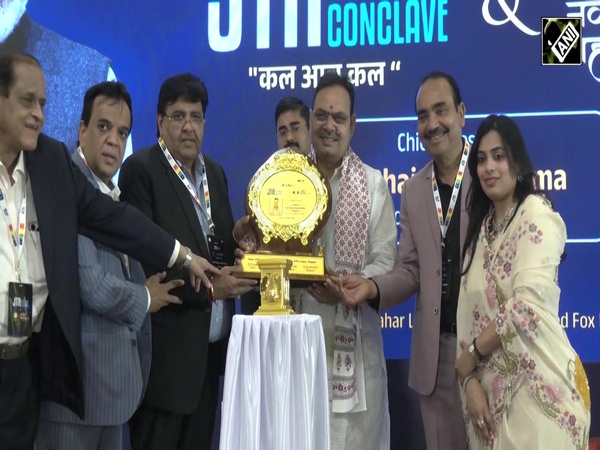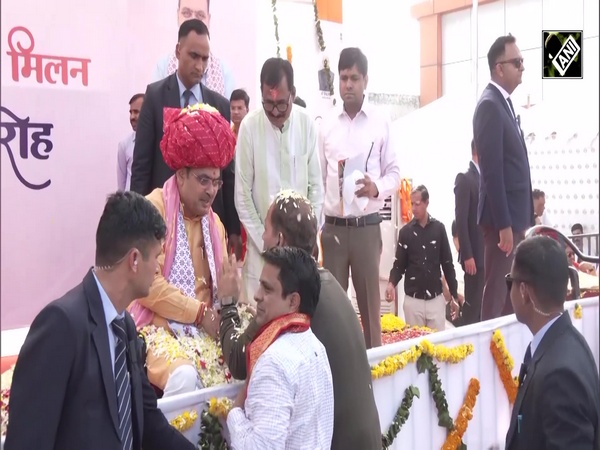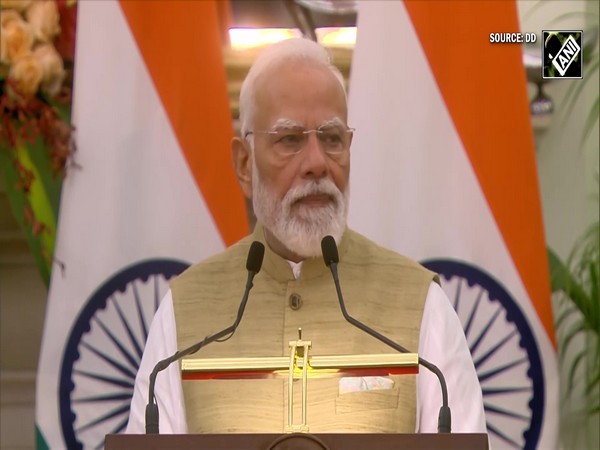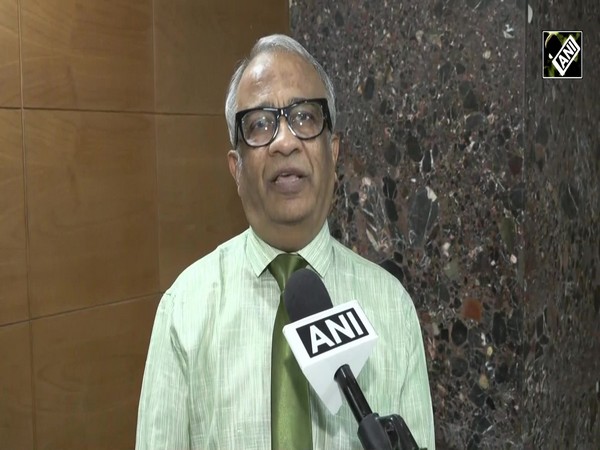'Waqf by Users' was key agenda in 2nd Joint Parliamentary Committee Meeting on Waqf (Amendment) Bill
Aug 30, 2024

New Delhi [India], August 30 : The second meeting of the Joint Committee of Parliament headed by MP Jagadambika Pal on the Waqf (Amendment) Bill, 2024 was held on Friday at the Parliament House Annexe.
The committee has called the All India Sunni Jamiyatul Ulama, Mumbai, the Delhi-based Indian Muslims for Civil Rights, the Uttar Pradesh Sunni Central Waqf Board and the Rajasthan Board of Muslim Waqf to register their views.
As per the sources, the Muslim bodies pointed out many clauses of the bill, which are a matter of concern for Muslims. Sources said that 'Waqf by Users' was the key issue of heated discussion in the meeting. The Muslim side raised their concern and said that it is a matter of religious faith and practice. So, the government should not try to interfere in this. They also raised their objection to the functions of the Survey Commissioner to the Collector. Several members from opposition parties have also drawn strong reactions on this issue and supported Muslim bodies. This stance was met with strong opposition from members of the ruling Bhartiya Janta Party (BJP) and Shiv Sena. Whereas LJP, JDU and TDP have taken a balanced approach.
The government introduced the bill in the budget session of Parliament which concluded earlier this month and it was decided to send the legislation to JPC for further scrutiny.
The Waqf (Amendment) Bill, 2024, Waqf Act provides for the renaming of the Waqf Act, 1995, as the Unified Waqf Management, Empowerment, Efficiency and Development Act, 1995.
It seeks to clearly define "Waqf" as Waqf by any person practising Islam for at least five years and having ownership of such property and ensure that the creation of Waqf-alal-aulad does not lead to the denial of inheritance rights to women.
It also seeks to omit the provisions relating to the "Waqf by user", provide the functions of the Survey Commissioner to the Collector or any other officer not below the rank of Deputy Collector duly nominated by the Collector for the survey of waqf properties, provide for a broad-based composition of the Central Waqf Council and the State Waqf Boards and representation of Muslim women and non-Muslims.
The bill also seeks to provide for the establishment of a separate Board of Auqaf for Boharas and Aghakhanis.
The bill seeks to omit section 40 relating to the powers of the Board to decide if a property is Waqf property, provide for filing of accounts of waqf by Mutawallis to the Board through a central portal for better control over their activities, reform the Tribunal structure with two members and provide for appeals against the orders of the Tribunal to the High Court within a specified period of ninety days.
Meanwhile, the JPC has invited views and suggestions from the public, NGOs, experts, stakeholders and institutions as per a press communique by the Lok Sabha Secretariat.
It said those desirous of submitting written suggestions to the Committee can send two copies either in English or in Hindi to the Joint Secretary of the Lok Sabha Secretariat, Room No. 440, Parliament House Annexe, New Delhi and also email to jpcwaqf-lss@sansad.nic.in.
The suggestions should arrive within 15 days from the date of the publication of the advertisement.
As per the communique, the memoranda or suggestions submitted to the Committee would form part of the records of the Committee and would be treated as confidential and enjoy the privileges of the Committee.
Those, desirous of appearing before the Committee, besides submitting memoranda, are requested to specifically indicate so. However, the Committee's decision in this regard will be final.
The next meeting of the Joint Committee of Parliament is on September 5 and 6.
On September 5, representatives of the Ministry of Housing and Urban Affairs, the Ministry of Road Transport and Highways and the Ministry of Railways called to record their oral evidence on Waqf (Amendment) Bill, 2024. Whereas, on September 6, representatives of the Archaeological Survey of India, Ministry of Culture, Zakat Foundation of India and Telangana Waqf Board will record their oral evidence, views and suggestions.
